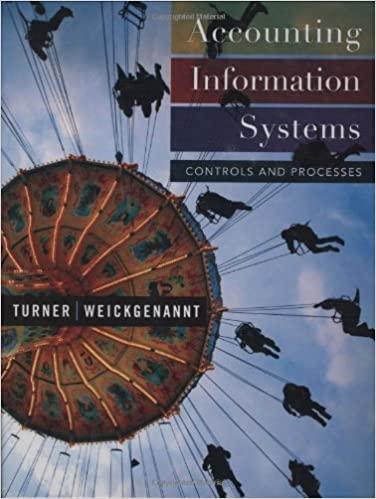Question
20. 21. 22. 22 23. The auditor is most likely to reject the use of a specialist who: a. does not have the highest level
20. 21. 22. 22 23. The auditor is most likely to reject the use of a specialist who: a. does not have the highest level of certification for their profession. b. received his formal training at a nonaccredited institution. c. is not a member of the national professional organization. d. is an attorney who barely passed the state bar examination. e. has served in the past as a consultant to the client. Which of the following is generally true about the sufficiency of audit evidence? a. The amount of evidence that is sufficient varies directly with the acceptable risk of material misstatement. b. The amount of evidence concerning a particular account varies inversely with the materiality of the account. c. The amount of evidence concerning a particular account varies inversely with the inherent risk of the account. d. When evidence is appropriate with respect to an account it is also sufficient. When planning the audit, the auditor must make the following important decisions except the: a. assignment of staff to perform audit tests. b. nature of tests to be performed. c. characteristics of tests to be performed. d. extent of tests to be performed. e. timing of tests to be performed. The five management assertions outlined in generally accepted auditing standards include all of the following except: a. rights and obligations. b. materiality. c. existence and occurrence. d. presentation and disclosure. e. valuation or allocation
Step by Step Solution
There are 3 Steps involved in it
Step: 1

Get Instant Access to Expert-Tailored Solutions
See step-by-step solutions with expert insights and AI powered tools for academic success
Step: 2

Step: 3

Ace Your Homework with AI
Get the answers you need in no time with our AI-driven, step-by-step assistance
Get Started


